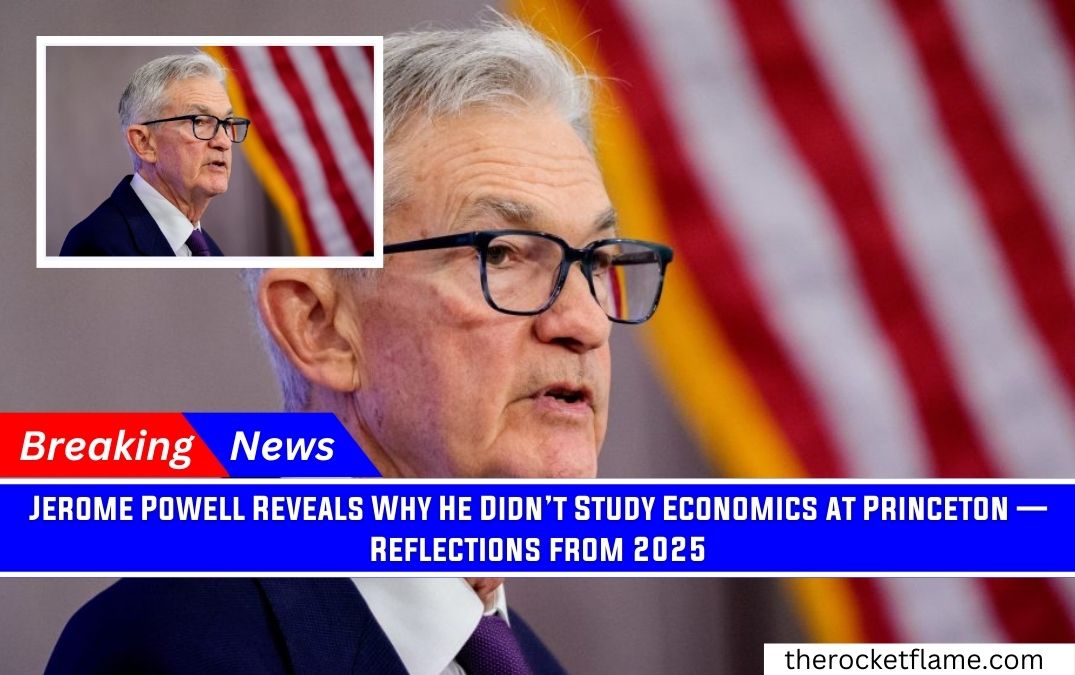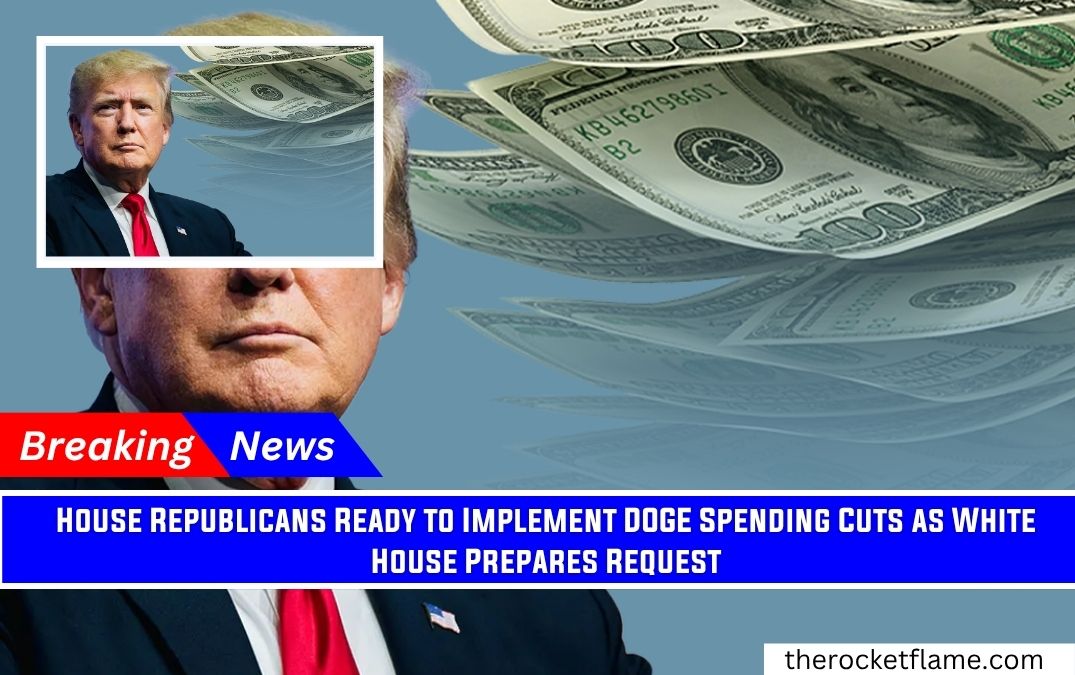Federal Reserve Chair Jerome Powell surprised Princeton graduates by admitting he once thought economics was “boring and useless.”
In a candid 2025 address at his alma mater, Powell shared his unconventional path to becoming one of the most influential figures in U.S. economic policy.
What Happened
On Sunday, Jerome Powell delivered the Baccalaureate address at Princeton University, where he graduated with a degree in politics. Powell revealed he deliberately avoided majoring in economics during college, finding the subject uninteresting at the time.
He shared that after Princeton, he lacked a clear plan, spending six months working in a warehouse before deciding to attend law school.
His career eventually led him through investment banking, the Treasury Department, and finally to the Federal Reserve Board of Governors.
Key Details
- Powell graduated from Princeton University with a politics degree, not economics.
- He initially viewed economics as “boring and useless.”
- After college, Powell worked in a warehouse for six months.
- He then attended Georgetown University Law Center.
- Powell served in investment banking and the Treasury Department.
- Nominated to the Federal Reserve Board by President Obama in 2011, confirmed in 2012.
- Appointed Federal Reserve Chair by President Trump in 2017.
- Renominated as Chair by President Biden in 2021.
Reactions or Statements
Powell admitted during his speech, “After 13 years at the Fed, I admit I was wrong about economics.” His honesty about his early misjudgment struck a chord with graduates and observers alike.
Political reactions remain mixed. Former President Donald Trump has criticized Powell’s monetary policies, particularly over interest rates, publicly expressing frustration on social media. Despite this, Powell has reaffirmed his legal independence, noting he cannot be removed by the president.
Investigation or What’s Next
As the Federal Reserve continues to navigate complex economic challenges in 2025, Powell’s leadership remains under scrutiny. His pragmatic approach and willingness to reflect on his past underscore his adaptability amid evolving economic conditions.
Markets and policymakers alike are watching closely how Powell’s Fed will respond to inflation, interest rates, and economic growth forecasts in the coming months.
FAQs
Q1: Why didn’t Jerome Powell major in economics at Princeton?
A1: He found economics boring and useless at the time and chose to major in politics instead.
Q2: What did Powell do after graduating Princeton?
A2: Powell worked in a warehouse for six months before attending law school at Georgetown University.
Q3: When did Powell join the Federal Reserve?
A3: He was nominated to the Federal Reserve Board in 2011 and confirmed in 2012.
Q4: Who appointed Powell as Federal Reserve Chair?
A4: President Donald Trump appointed him Chair in 2017, and President Joe Biden renominated him in 2021.
Q5: Can the President fire the Federal Reserve Chair?
A5: No, the Chair cannot be removed by the President under current U.S. law.
Summary / Final Takeaway
Jerome Powell’s candid reflections on his academic choices highlight an unconventional journey to the Federal Reserve’s top seat. His admission that he underestimated economics serves as a reminder that career paths can evolve unexpectedly.
As 2025 unfolds, Powell’s steady leadership remains crucial for navigating the nation’s economic future.












